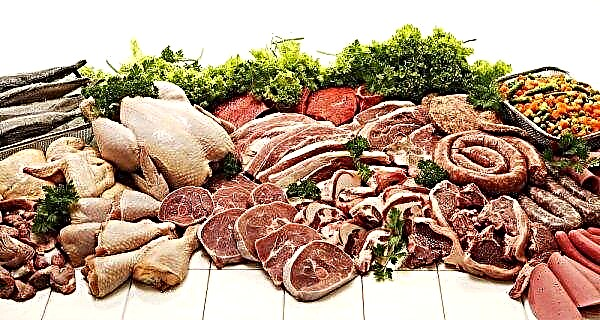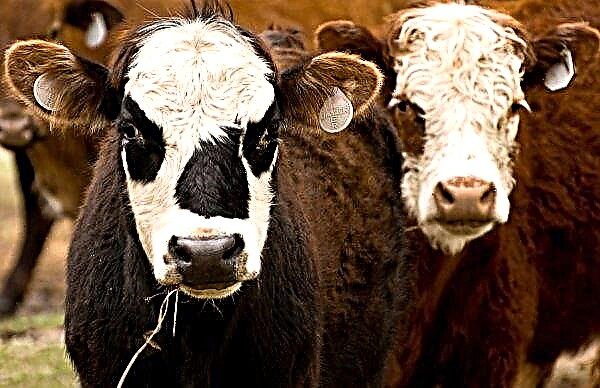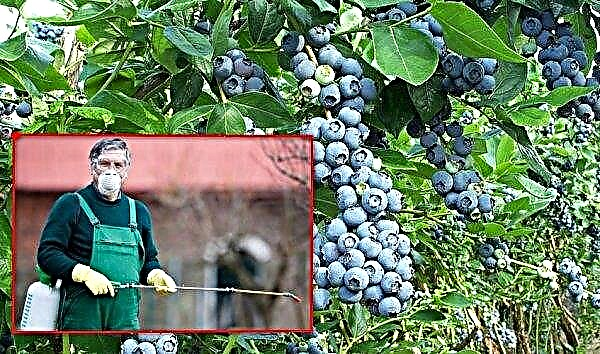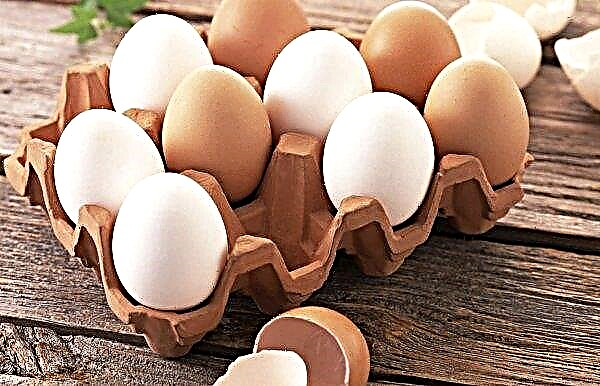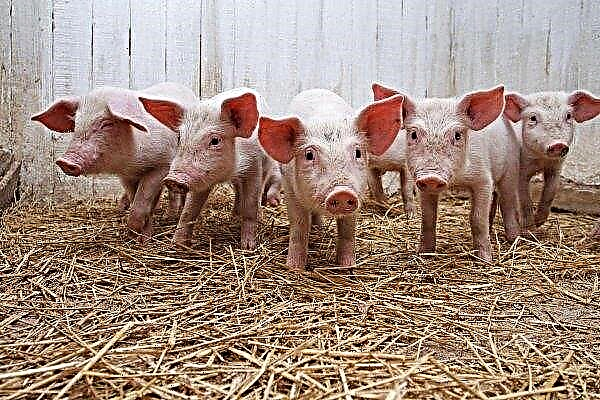Cauliflower is considered one of the safe foods that can be consumed by lactating women. It contains a large number of nutrients, and another plus is the meager likelihood that the vegetable can cause allergies. The benefits and nuances of the use of this variety of cabbage by women during lactation will be discussed below.
Composition and useful properties
The vegetable is suitable for the diet of a nursing mother, since it contains a large amount of vitamin C (in a larger volume than in citrus fruits). It is also a source of vitamins of groups A, B, PP, E, as well as folic acid and biotin. In addition to vitamins, cabbage from the body is filled with such microelements as: potassium, calcium, magnesium, phosphorus, iron, copper, fluorine, zinc.
- With breastfeeding, the vegetable helps to establish processes in the body of the mother and the baby, namely:
- improves bowel function and accelerates the absorption of beneficial trace elements;
- helps to cleanse the vascular system and the body as a whole;
- contained calcium is indispensable in the formation of the skeleton of the child and the strengthening of the bones of the mother;
- reduces the risk of cancer by 5 times with regular use;
- favorably affects the intestinal microflora and is easy to digest, thereby preventing the occurrence of ulcerative formations and gastritis;
- beneficial effect on the immunity of the mother and child, which makes them more resistant to flu and colds;
- normalizes the functioning of the nervous system.
The product is low-calorie, 100 g contains 30 Kcal, which does not affect weight gain. Nutrition value of 100 g of the product - 2.5 g of protein, 0.3 g of fat and 5.4 g of carbohydrates.
Did you know? The woman’s body is able to change the composition of milk depending on the needs of her baby and environmental conditions.
The vegetable does not contain coarse fiber, but consists of a fine cellular structure, due to which it positively affects the functions of the liver and biliary tract, normalizes stool.
By introducing this product into the diet, a nursing mother may not have to worry about whether it causes colic. The main rule of nutrition when feeding a baby is to introduce the product gradually and not overeat.
Can I eat during lactation?
When feeding a baby, a woman may not doubt the safety of the vegetable, since it does not cause allergies and is well perceived by the body. In addition, it accelerates the recovery of the body after childbirth.
It is important to use cauliflower during pregnancy, during lactation its significance does not decrease. This is due to the fact that the product strengthens the protective mechanisms of the body and reduces the likelihood of free radicals.
When can I eat after childbirth?
Despite the indisputable benefit of the vegetable, the mother needs to carefully enter it into her diet when feeding her newborn.
Important! In the first month of a child’s life, doctors do not recommend consuming cauliflower and dishes that contain it.
A few months after the birth, when this vegetable can already be consumed, you do not need to eat a lot right away, since at first it is better to cook soup or broth with its content.
How to enter the diet?
When breastfeeding, one should not abruptly start eating cabbage in full. First you need to eat a few spoons of the broth, watch the reaction of the child's body during the day. The baby’s body has not yet matured and can respond to new products with intestinal problems or skin rashes.
If such symptoms are noticed, it is better to postpone the introduction of the vegetable into food and try again after a month. If the baby’s body reacted positively to the novelty, the norms of the eaten can be gradually increased.
If the baby’s body reacted positively to the novelty, the norms of the eaten can be gradually increased.
Important! The use of raw cabbage can not only lead to digestive disorders in the mother and child, but also cause poisoning. Therefore, the vegetable must be heat-treated.
How to use?
If you decide to add cauliflower to the diet, then for cooking it, choose only those recipes in which the vegetable is not used fried. Such food is fatty and harms the stomach. The best dishes during lactation are stewed, boiled, baked cabbage, as well as soups from it.
The optimal amount of vegetable consumption during the addictive period is 50 g per day. Overeating can cause bloating in a child. The dosage should be gradually increased to 200-250 g per day, and it is better to use no more than 3 times a week.
When buying a vegetable in the market or in the store, try to choose inflorescences with green leaves and light heads. The stem should be soft and tender, any hardening indicates a stale or old vegetable. Inflorescences should be closed, without flowers.
Did you know? Cauliflower — favorite vegetable of the British. Mark Twain once called it "cabbage with a higher education."
Contraindications
After the birth of the baby, the mother is required to change eating habits for a while. Many foods are banned, but cauliflower does not appear on this list.
- But a safe product can be banned if:
- the baby has an individual intolerance;
- mother or baby has allergic reactions.
When this product is introduced into the diet, such manifestations as a rash, diarrhea, or constipation indicate its rejection by the body. If the reaction of the body is too violent, it is better to exclude the vegetable for at least 6 months.
This type of cabbage is a storehouse of useful substances for mother and baby. In order not to harm the body of the baby, who is breast-feeding and receiving nutrients from mother's milk, introducing cauliflower into the diet, carefully monitor the condition of the child. If everything is in order, and no negative reactions have been noticed, feel free to use this unique vegetable.


